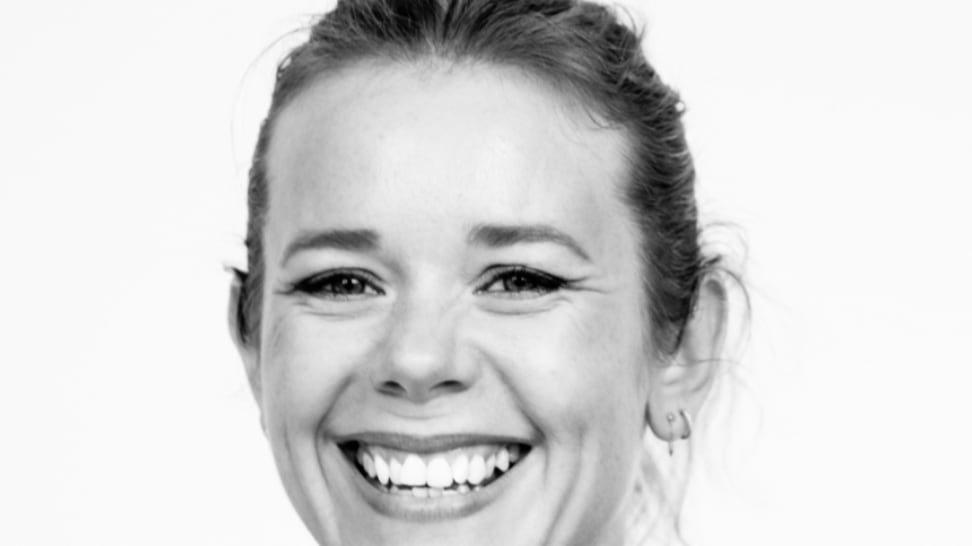Ruby Warrington is an author, an editor, a podcaster, a “book doula” and the creator of the self-publishing imprint Numinous Books. Yet she’s probably most famous for inspiring the sober curious movement with her 2018 book Sober Curious: The Blissful Sleep, Greater Focus, Deep Connection, and Limitless Presence Awaiting Us All on the Other Side of Alcohol.
Falling somewhere between abstinence and the tangential tease of a monthlong sobriety challenge, the sober curious movement offers a path for people who want to drink moderately and mindfully. It’s built on a simple and revelatory philosophy: that addiction isn’t the only reason to question the role alcohol plays in your life.
“I have seen people who never liked to drink, who never wanted to drink in the first place but felt a lot of social pressure to drink,” Warrington says. “I’ve seen them find new language and new ways to talk about the fact they don’t want to engage in drinking culture, and that’s been really nice to see.”
In 2023, discourse about Warrington is likely to revolve around her book Women Without Kids: The Revolutionary Rise of an Unsung Sisterhood, which will be published in March. But she took time to speak with WW about advancing the sober curious movement and guiding people through “a series of conversations about how to live a more conscious, connected and present life.” The interview has been edited and condensed for clarity.
WW: Have you seen this movement grow beyond the type of drinker you initially had in mind when you wrote the book?
Ruby Warrington: I was really aiming to speak to what we might call “normal social drinkers” who also had questions around their drinking. “Was this too much alcohol, how much was too much, why am I under so much pressure to drink, what would it feel like if I didn’t drink?” And I feel like that would be the demographic that has identified most strongly with the sober curious movement, and that’s been very gratifying for me to see.
What other avenues are you exploring to get the message out and keep the movement growing?
There are two sober curious books out now: the original book, which lays out the full philosophy, and The Sober Curious Reset, which came out in 2020 and guides people through 100 days of not drinking with the goal of making a sustainable shift in their drinking habits.
But perhaps the place I’ve seen the movement growing is Facebook. There’s a Sober Curious Facebook group that’s growing in size all the time and now has 9,000 members and is an incredibly supportive private online group where people are sharing what it’s like to be sober curious. There’s very little conflict in that group. It’s one of the safest places I’ve experienced being online and one of the most supportive places.
What’s the most significant difference you’ve encountered between genders in reaction to your approach?
I think because I’m a woman more women gravitated initially to the movement, but I have seen more and more men get involved. There are more men joining the Facebook group as time goes by, and I really think that what I’m sharing, even though it’s through my lens, it’s applicable to anybody.
About your sober curious-themed events, you’ve touched on the social anxiety around not drinking. Are the events a way of getting people acclimated to socializing sober?
For anyone who is interested in starting a sober curious group, even starting it as a book group can be a good way to get people together. I think a lot of the time, it’s that social anxiety you mentioned which is incredibly prevalent and definitely one of the No. 1 reasons people use alcohol to socialize. If you can have some kind of activity or schedule or something to talk about, it’s an icebreaker.
Just put people in a room together with no alcohol and they’re going to get quite awkward and resort to boring small talk. But if you give people something to talk about, like in a book club, you can get past that “what to talk about” phase and you can start building some quite deep connections.
LISTEN: You can find episodes of the Sober Curious podcast at rubywarrington.com/podcasts.
